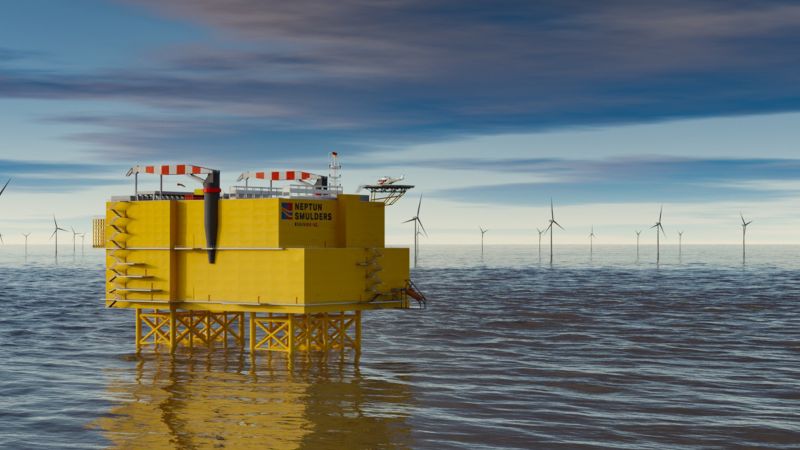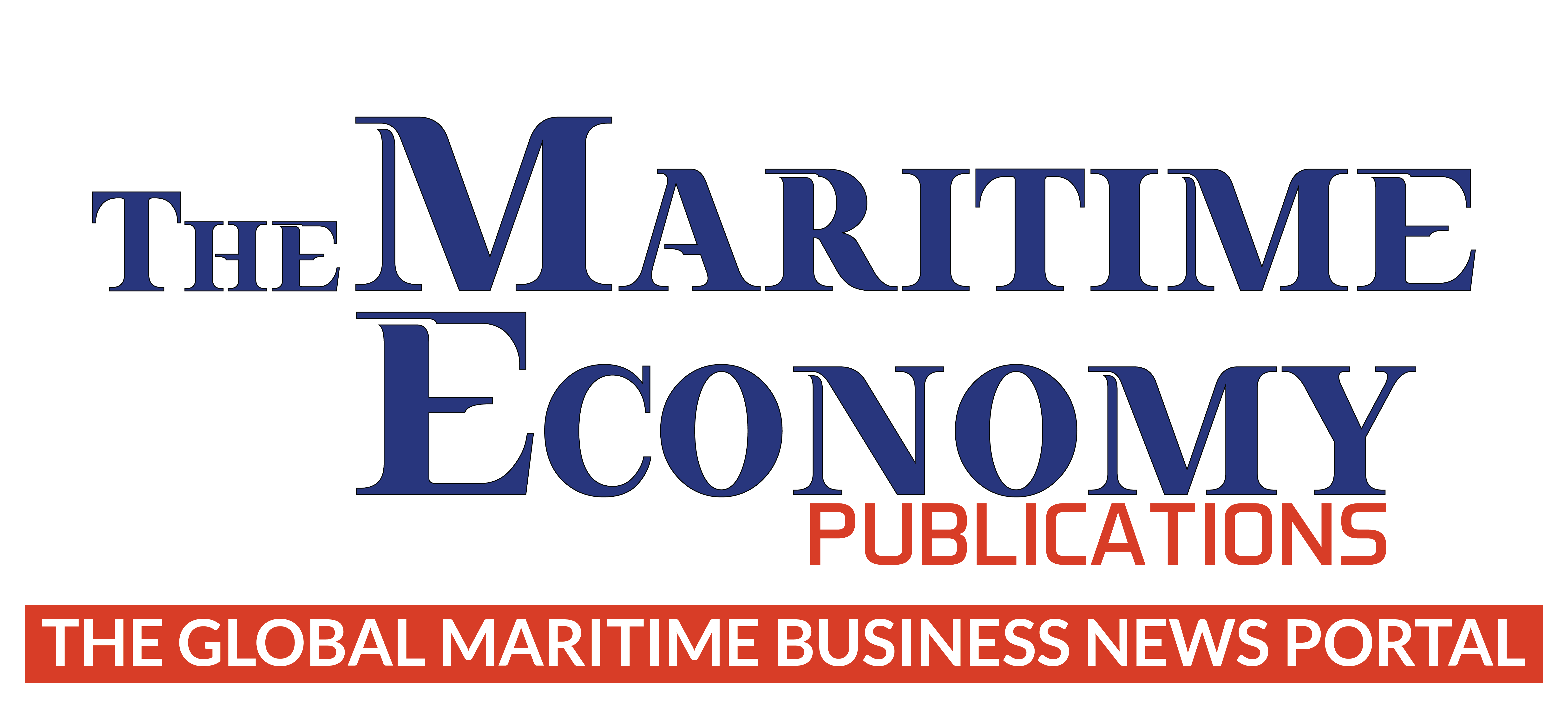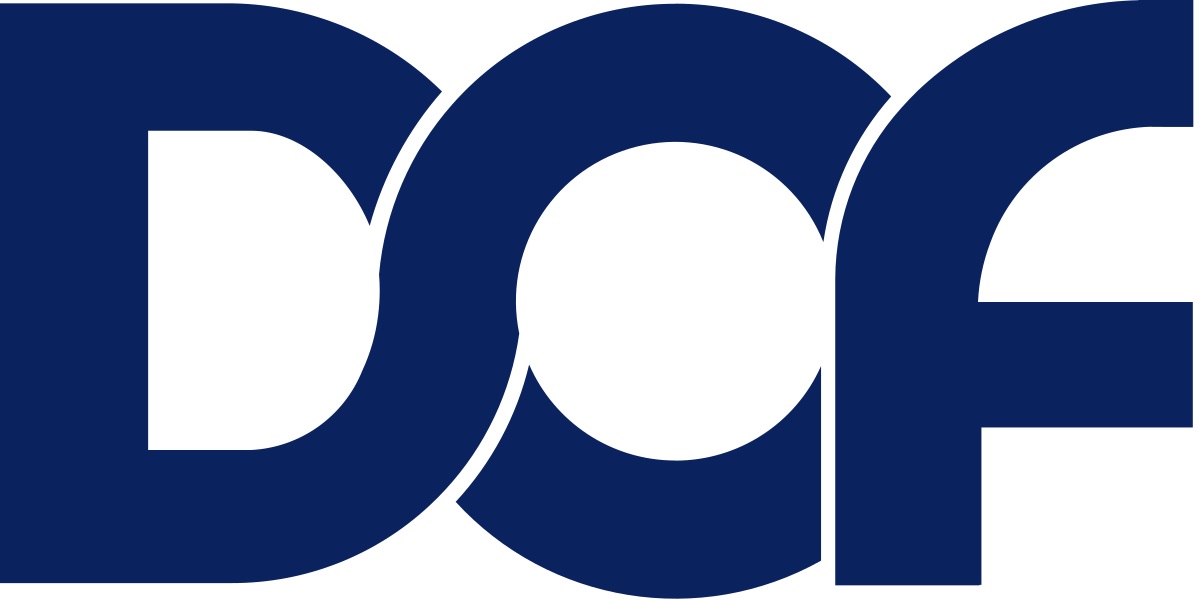NEPTUN WERFT and Smulders are driving green transformation in Rostock

The MEYER Group, which also includes NEPTUN WERFT in Warnemünde, is starting to build offshore converter platforms at the Warnemünde site together with the Belgian company Smulders. Initially, both companies intend to found NEPTUN SMULDERS Engineering, which will take over the development and construction of converter platforms with two gigawatts of power. In the first step, the new company will create up to 100 jobs in Mecklenburg-Western Pomerania in the coming months. The planned joint venture is currently subject to approval by competition authorities and is expected to begin operations in the first quarter of 2024.
Both NEPTUN WERFT and Smulders will then take over the construction of the platforms. According to current planning, the so-called topsides, i.e. the upper part of the platform with all the electrical components, are being built at the Warnemünde site, while the so-called jackets, i.e. the steel substructure, are being manufactured at Smulders in Vlissingen, the Netherlands.
The collaboration between NEPTUN WERFT and Smulders makes it possible to make a significant contribution to the green energy supply in Germany and Europe in Mecklenburg-Western Pomerania. At the same time, the construction of this critical infrastructure in Germany will create independence in the energy sector. In order to achieve the Federal Government's ambitious expansion goals for offshore wind energy, a leap in size and technology is required for the converter platforms: to 2 GW of output and to high-voltage direct current transmission technology (HVDC). “Here, we are uniquely combining the MEYER Group’s expertise in lean shipbuilding with the offshore experience of Smulders. Together we are creating the necessary capacities to be able to manufacture the converter platforms necessary for the energy transition in Germany,” describes Jan Meyer. In addition to the powerful team from NEPTUN WERFT, up to 100 additional team members are initially being sought to design the platforms: “We know that there are many passionate engineers and designers in Mecklenburg-Western Pomerania. With them and many other experts, we want to open up this new business area. Applications are now possible,” said Meyer.
NEPTUN WERFT is growing for converter platforms
The production areas at NEPTUN WERFT will also be adapted to the new business area. To this end, the company has concluded a purchase agreement to acquire the former site of the engine manufacturer Caterpillar, which is directly adjacent to the NEPTUN WERFT site. According to current status, the purchase should be completed by the end of November. In addition, part of the neighboring naval arsenal will be used to build the platforms in the future. “We will continue to invest in the Warnemünde location and adapt the shipyard facilities to the requirements of converter platform construction, for example the quay facilities and crane capacities,” Jan Meyer continued.
Raf Iemants, Managing Director of Smulders, says: "Today marks the beginning of a transformative partnership in the offshore wind sector. United by a shared vision and driven by the urgent need to combat climate change, our collaboration has been accelerated by the belief that Together we can have a meaningful impact on the future of clean energy. Our corporate goals align seamlessly, guided by our commitment to sustainability and innovation and our shared mission to harness the power of the wind. We are committed to a resilient and efficient offshore "To create a network that will not only power homes and industries, but also realize the dream of a cleaner, greener future."
“NEPTUN is the traditional brand for innovative and reliable shipbuilding in Mecklenburg-Western Pomerania. “We are therefore very happy and proud that NEPTUN WERFT, together with Smulders, is now starting another chapter in MV’s shipbuilding history,” explains Bernard Meyer. “In the future, we want to go even further and, for example, convert excess energy from wind farms into hydrogen or other e-fuels. This means that land-based industry and shipping can be supplied with climate-neutral energy sources. The MEYER Group can also develop and build the necessary tankers with its partners,” explains Malte Poelmann, Chief Technology Officer of the MEYER Group.
Two strong partners
NEPTUN WERFT brings its many years of diverse know-how to the construction of maritime structures. NEPTUN has built more than 80 river cruise ships for national and international customers over the last 20 years and is the market leader in this area. In addition, the specialists in Warnemünde have expanded their know-how in the area of ​​floating engine room modules for the MEYER Group over the last 10 years. NEPTUN WERFT was the first shipyard in the world to produce fully equipped engine rooms for LNG-powered cruise ships and was the first German shipyard to build LNG shuttle tankers. Complex marine fuel supplies and important components for the modern research ship METEOR IV are currently being built there.
Smulders, a subsidiary of Eiffage, is known as an expert in substation platforms. Many years of experience in the design, manufacture, delivery and assembly of steel structures made Smulders one of the pioneers of wind energy more than 20 years ago. The company today offers services from design and manufacturing to complete turnkey solutions (EPCI) of substation platforms and foundations. This means Smulders has an impressive track record in substation platforms. Smulders operates in six strategic locations in Belgium, the Netherlands, the United Kingdom and Poland and employs over 1,500 people.

